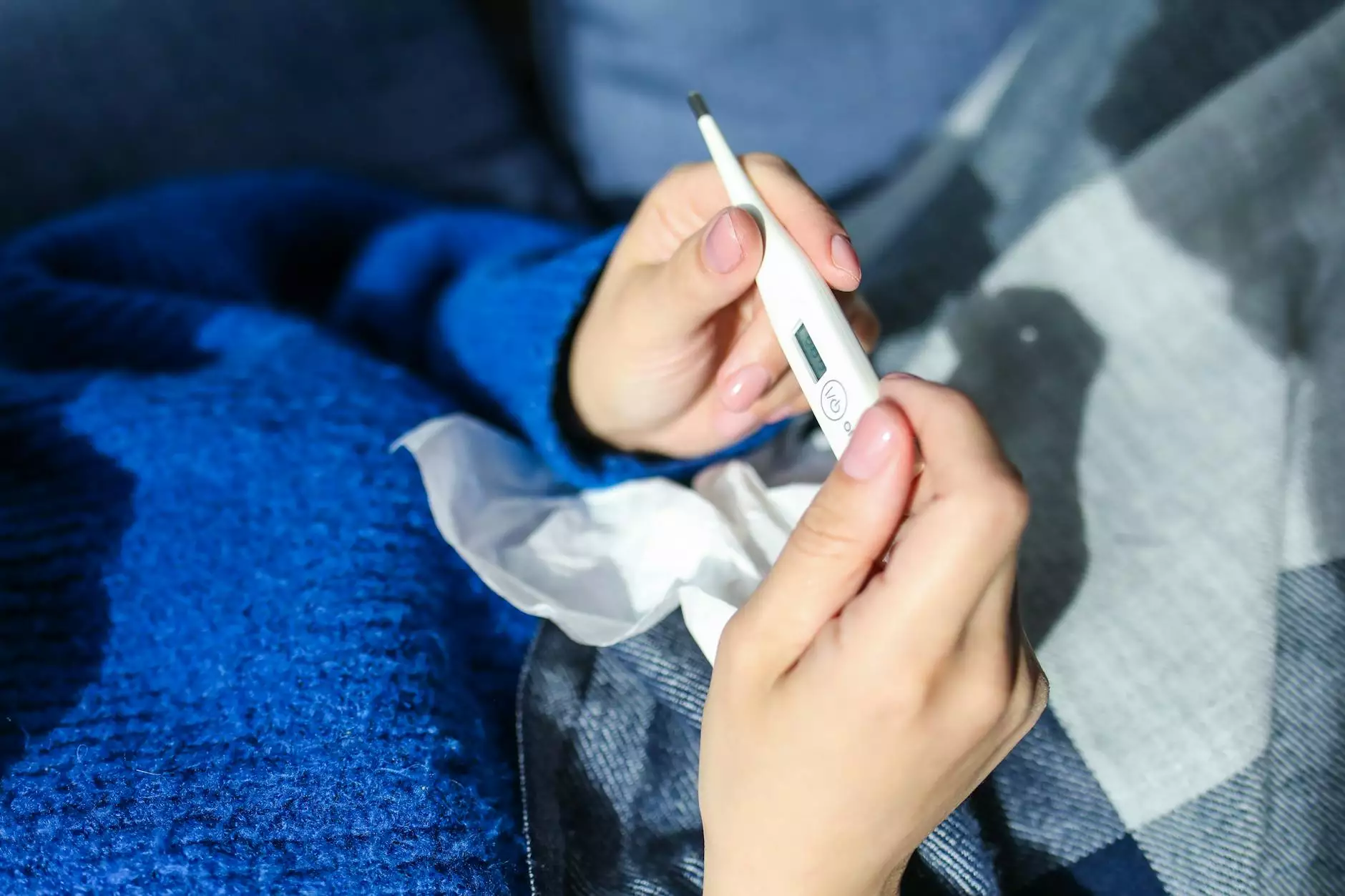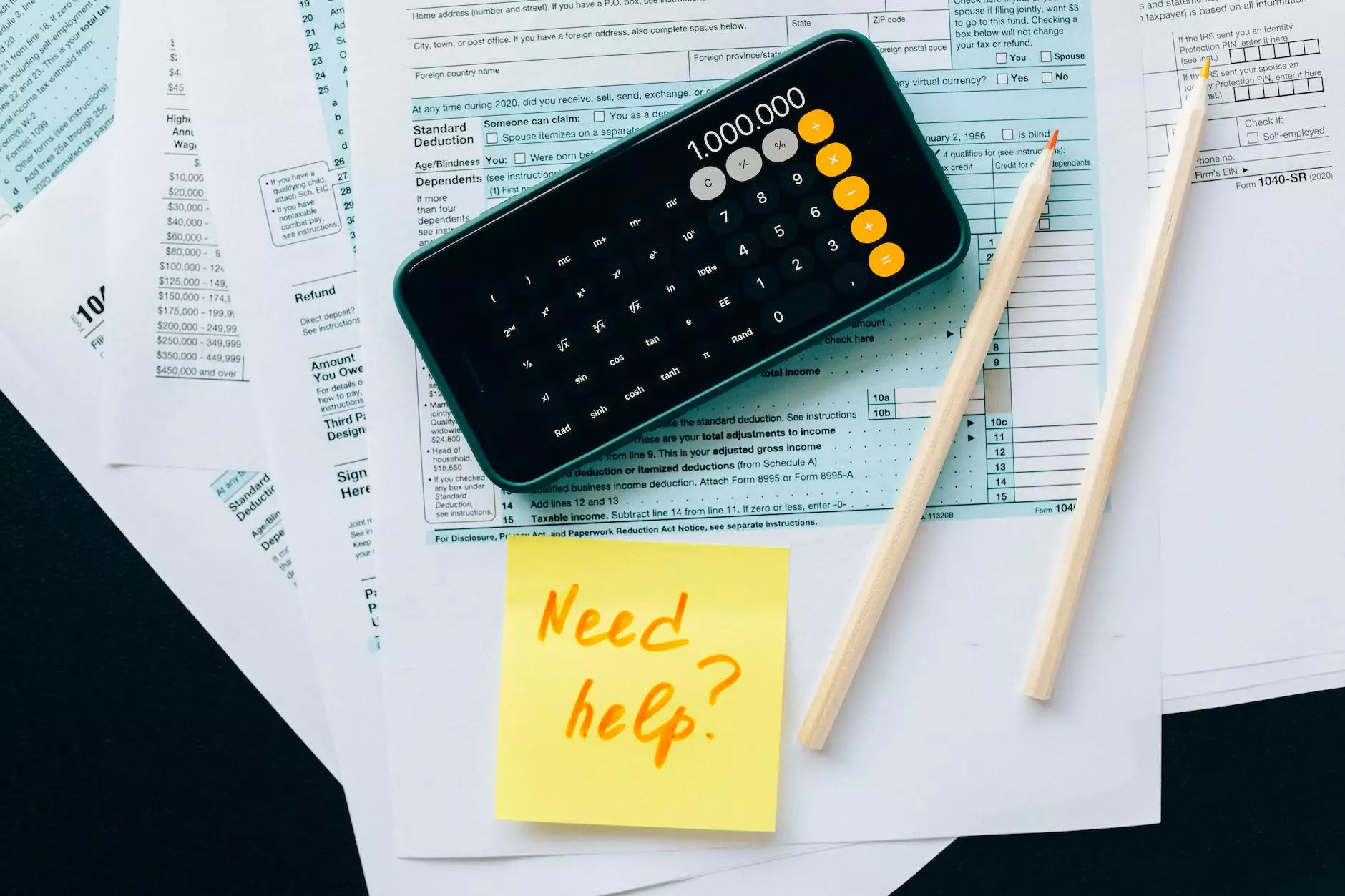Pills for Depression and Anxiety: A Comprehensive Guide

In today's fast-paced world, mental health challenges, particularly depression and anxiety, are increasingly common. Understanding and addressing these challenges is crucial. This article aims to provide a thorough understanding of pills for depression and anxiety, including types of medications, their benefits, potential side effects, and additional resources for managing mental health.
Understanding Depression and Anxiety
Depression and anxiety are not just mere feelings of sadness or worry; they are complex mental health disorders that can significantly impact daily life. Depression can manifest as persistent feelings of sadness, loss of interest, and a range of emotional and physical issues. On the other hand, anxiety often presents itself through excessive worry, restlessness, and physical symptoms such as rapid heartbeat and sweating.
The Importance of Seeking Help
If you or someone you know is experiencing symptoms of depression or anxiety, it is important to seek professional help. Treatment options vary based on individual needs and can include therapy, lifestyle changes, and medication.
Types of Pills for Depression and Anxiety
There are several categories of medications that healthcare professionals may prescribe for treating depression and anxiety:
- Antidepressants: These are commonly used to treat depression and anxiety disorders. They help adjust the brain's neurotransmitters, improving mood and emotional balance.
- Benzodiazepines: Often prescribed for short-term management of anxiety, these medications help reduce feelings of anxiety and promote relaxation.
- SSRIs and SNRIs: Selective Serotonin Reuptake Inhibitors (SSRIs) and Serotonin-Norepinephrine Reuptake Inhibitors (SNRIs) are popular choices as they are generally effective with fewer side effects.
- Beta Blockers: Primarily used to treat heart conditions, beta blockers can also manage physical symptoms of anxiety, such as rapid heartbeat.
- Buspirone: This medication is used specifically for chronic anxiety and is considered to have a lower risk of dependence.
Benefits of Pills for Depression and Anxiety
The decision to use medication for managing depression and anxiety comes with various benefits:
- Effective Symptom Relief: Medications can significantly reduce the symptoms associated with depression and anxiety, allowing individuals to regain control of their lives.
- Improved Quality of Life: By alleviating symptoms, medications can enhance relationships, work productivity, and overall well-being.
- Accessibility: Pills for depression and anxiety are widely available through pharmacies and can be prescribed by a licensed professional, making them accessible.
- Commitment to Treatment: Many individuals find that the structure of taking medication regularly helps them stay committed to their mental health treatment.
Potential Side Effects of Medication
While medications for depression and anxiety can be beneficial, they are not without potential side effects. Common side effects may include:
- Weight gain or loss
- Fatigue or insomnia
- Nausea or digestive issues
- Dry mouth
- Dizziness
It is essential to discuss these side effects with your healthcare provider, who can help manage them or suggest alternative treatments. Monitoring is an important aspect of medication management, and regular follow-ups can ensure the effectiveness of the treatment plan.
The Role of Therapy in Combating Depression and Anxiety
While pills for depression and anxiety play a crucial role in treatment, they are often more effective in conjunction with therapy. Various forms of therapy, such as Cognitive Behavioral Therapy (CBT) and mindfulness-based approaches, provide valuable tools for managing mental health.
Cognitive Behavioral Therapy (CBT)
CBT is a widely recognized approach that helps individuals identify and challenge negative thought patterns, ultimately leading to healthier thinking and behavior. This therapeutic method is particularly effective for both anxiety and depression, reinforcing the idea that combining therapy with medication can yield better results.
Mindfulness and Relaxation Techniques
Engaging in mindfulness and relaxation techniques, such as yoga or meditation, can also complement the benefits of medication. These practices foster a deeper connection to the present moment, helping to alleviate stress and anxiety.
Managing Your Mental Health
Alongside taking pills for depression and anxiety, there are several strategies individuals can implement to manage their mental health effectively:
- Regular Exercise: Physical activity releases endorphins, which are known to improve mood and reduce anxiety.
- A Balanced Diet: Nutrition plays a critical role in mental health. Foods rich in omega-3 fatty acids, antioxidants, and vitamins can effectively support brain function.
- Adequate Sleep: Sleep is vital for emotional regulation. Prioritizing good sleep hygiene can significantly impact mood and anxiety levels.
- Building a Support Network: Having supportive family and friends can provide comfort and a sense of belonging, which is essential for emotional well-being.
Consulting with Healthcare Professionals
Always consult with a healthcare professional before starting or changing any medication for depression and anxiety. They can assess your specific situation, discuss potential treatment options, and create a personalized plan tailored to your needs. At Gibson Max Up, we are committed to providing quality health & medical supplies and information, ensuring that you have access to the best resources to support your mental health journey.
Conclusion
In summary, finding the right pills for depression and anxiety can be transformative. By utilizing medications in conjunction with therapy, lifestyle changes, and proper support, individuals can manage their symptoms and lead fulfilling lives. Mental health is a crucial aspect of overall well-being, and taking the first step towards treatment can lead to significant improvements. Don't hesitate to reach out for help and explore the options available to you.
For more information on health & medical resources, visit Gibson Max Up today.









